
Last updated on January 29, 2026
Worried that your skin barrier may be damaged? Considering that there’s so much out there that harms the skin barrier, this is a common problem. If your skin has suddenly been feeling more sensitive, irritated, inflamed, dry, or congested, there’s a good chance that a compromised skin barrier is to blame.
What can you do about this? Keep reading as CBGärdN shares some top dermatologist tips that will have your skin barrier feeling stronger and healthier in no time.
Be Gentle When Cleansing
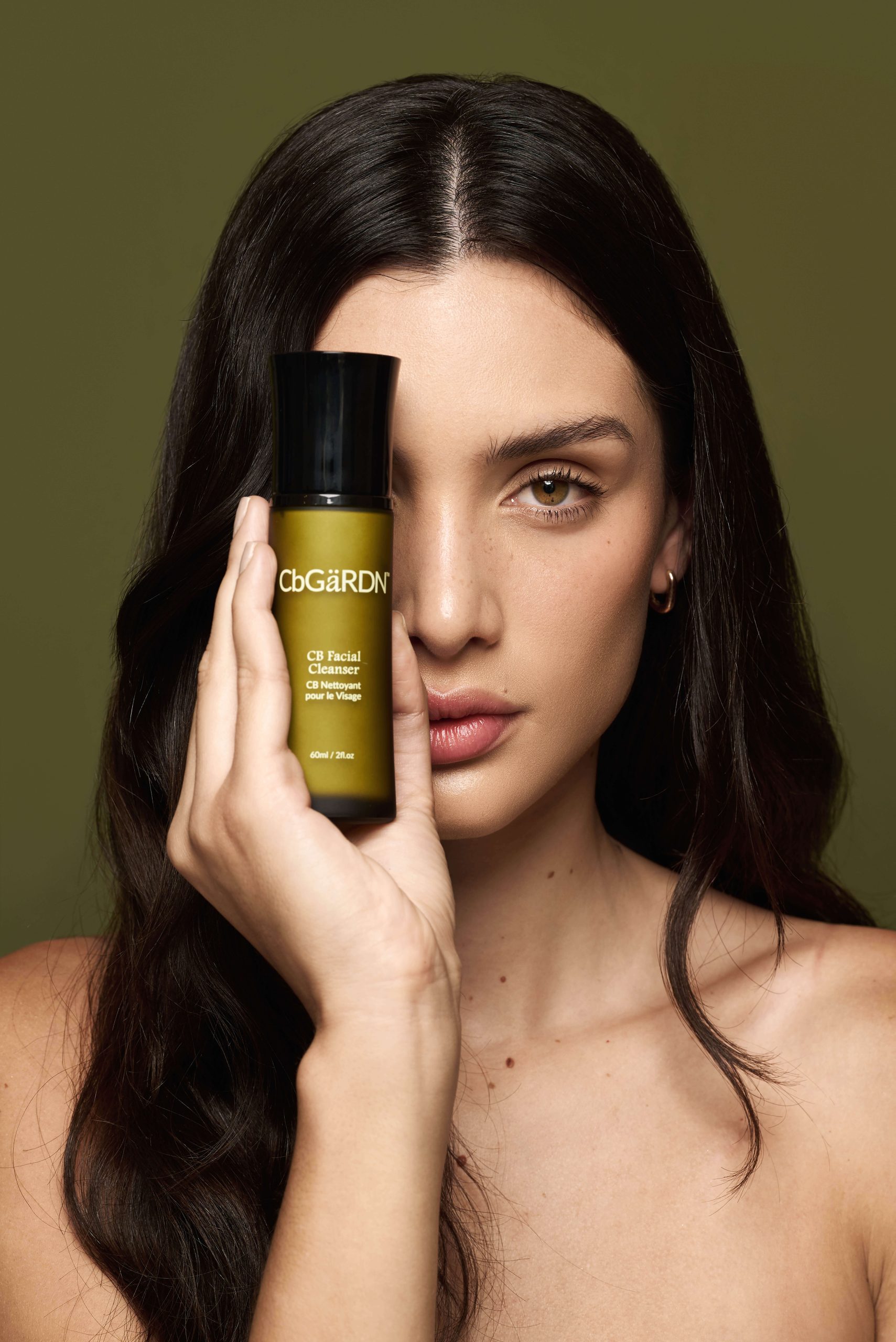
If your skin barrier has been damaged in some way, the most important thing that you could do for your skin is to be as gentle as possible with it. It won’t take much for that damage to worsen, which only means that it will then take longer for your skin barrier to heal.
One aspect of skincare that’s often the opposite of gentle is the cleansing process. It’s easy to think that a super-powerful cleanser that promises to remove every trace of dirt and oil is the best way to go. However, while it’s true that you don’t want to leave any impurities lingering on your skin, harsh cleansing agents only strip away the skin barrier. This will weaken yours even further. Instead, pick a gentle cleanser that won’t cause more harm to your already compromised barrier, just like the CB Facial Cleanser.
Put a Pause on Exfoliation
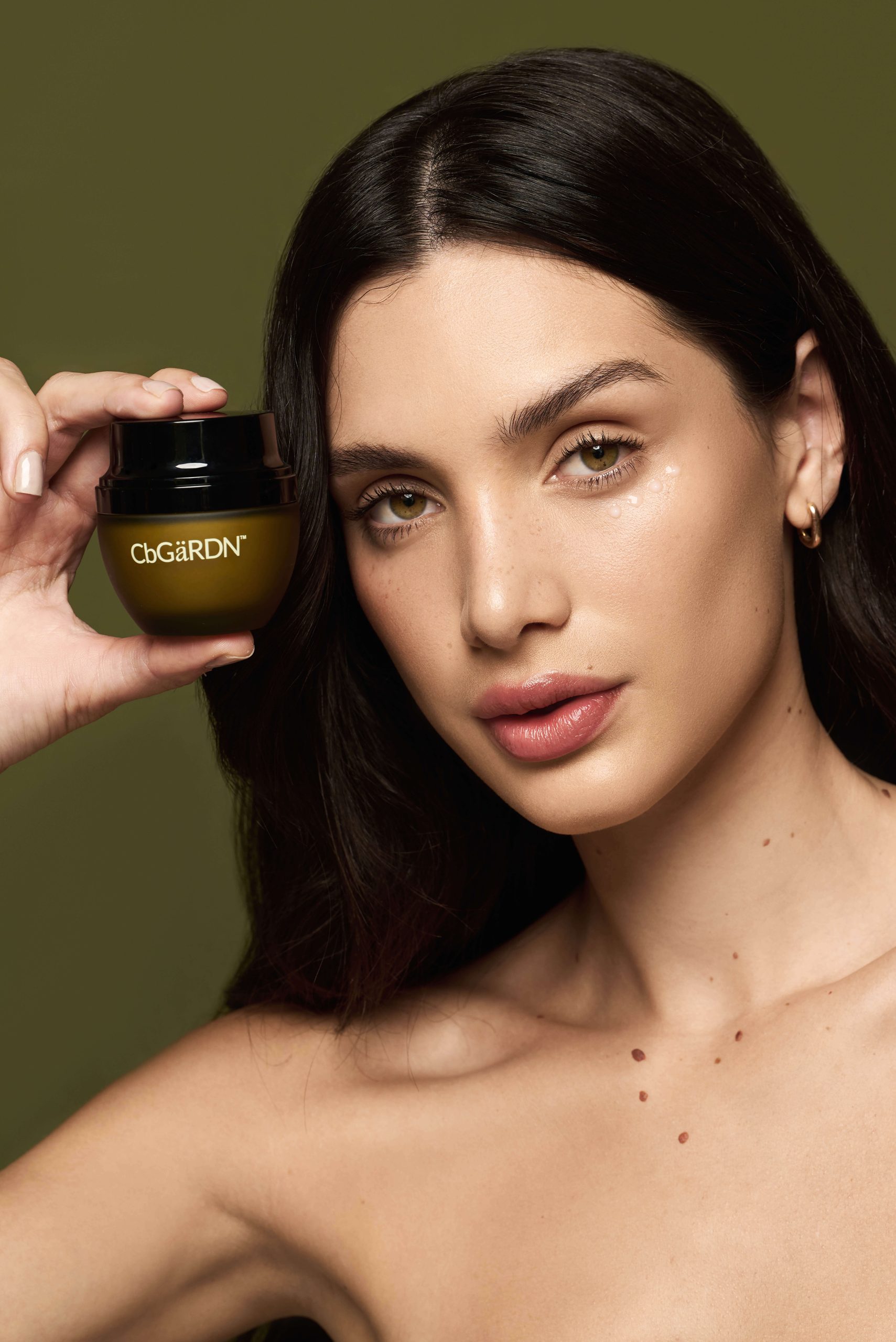
Exfoliation is another area that could spell problems for your damaged skin barrier. While there’s no denying the importance of regularly exfoliating, it’s also vital to understand that each time you exfoliate, you’ll be removing some of that precious barrier layer. If your skin barrier is already in trouble, continuing to exfoliate could spell trouble.
This is why dermatologists usually recommend putting a pause on exfoliation for a while to give the skin barrier a chance to heal. Once you’re ready to begin exfoliating again, go with a gentle exfoliator, such as the CB Microexfoliant Peel. Start by exfoliating once a week and then gradually increase this if needed, so long as your skin seems to be tolerating it without any new problems.
Use Barrier-Supporting Ingredients
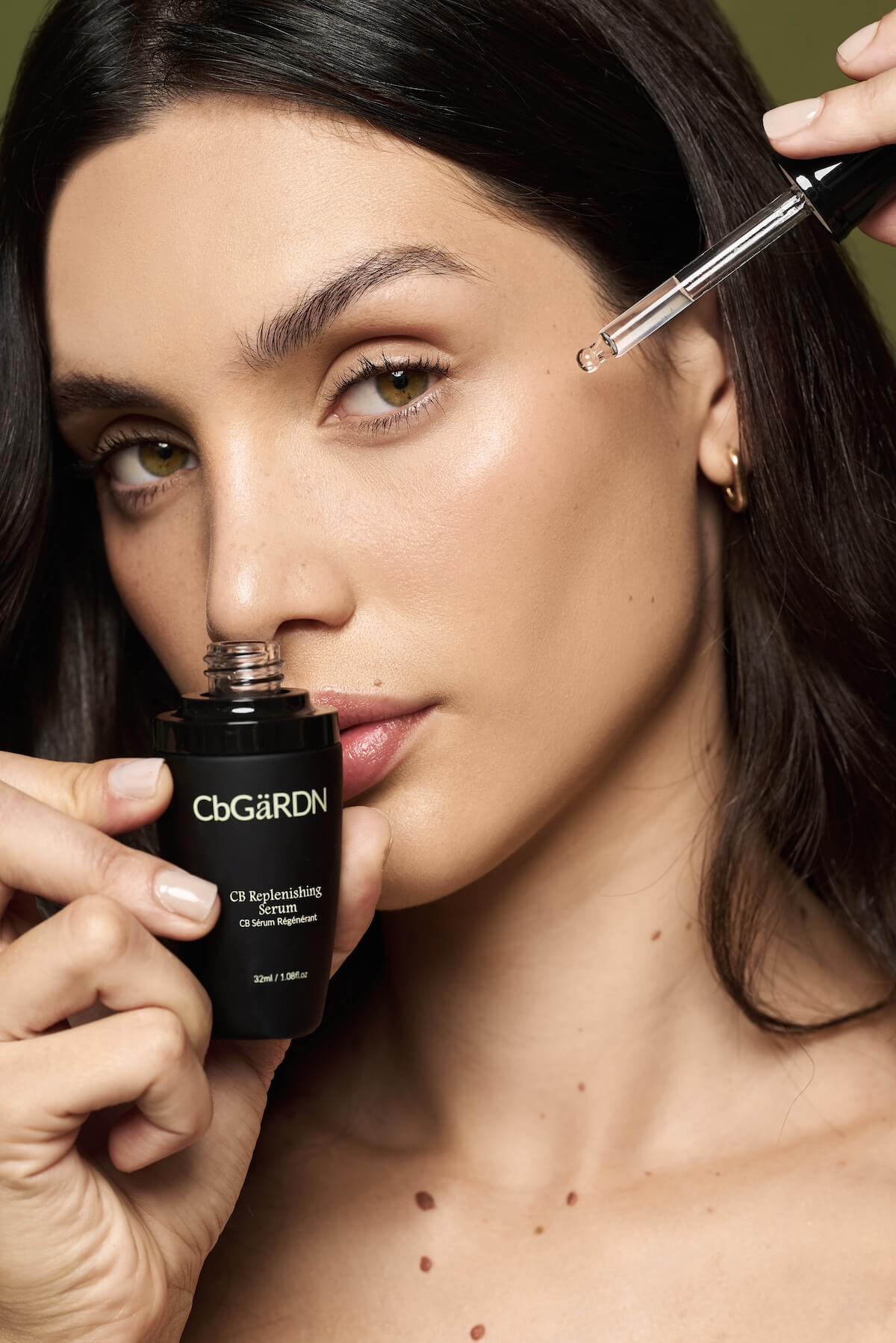
While aggressive cleansing agents and exfoliants won’t do your skin barrier any favors, there are plenty of ingredients out there that have the opposite effect. They’re known for keeping the skin barrier feeling strong and supported, which is exactly what you need!
Which ingredients do this well? Peptides are particularly beneficial. They’re naturally found in the skin, with the peptides that your skin produces being used as the building blocks of your skin’s proteins, which form the structure of your skin. Hydrating ingredients will also leave your skin barrier feeling thicker, fuller, and better capable of functioning optimally. Give the CB Replenishing Serum a try and you’ll be able to enjoy all of these ingredients. This formula also contains plenty of antioxidants, which, as you’re about to find out, can be a game-changer for a damaged skin barrier.
Make the Most of Antioxidants

Antioxidants are popular ingredients among those who are trying to counter the look of skin aging. This is due to how they fight the appearance of free radical damage, which would otherwise accelerate the skin aging process.
However, antioxidants can be useful for your skin barrier too. They keep the different aspects of the skin barrier, from the lipids to the hydrating components, feeling protected from environmental damage.
For the best results, try to incorporate antioxidants into a few different stages of your skincare routine. An antioxidant serum, like the CB Illuminating Vita C Serum, would also be a good move to boost your skin’s antioxidant content.
Pay Attention to pH
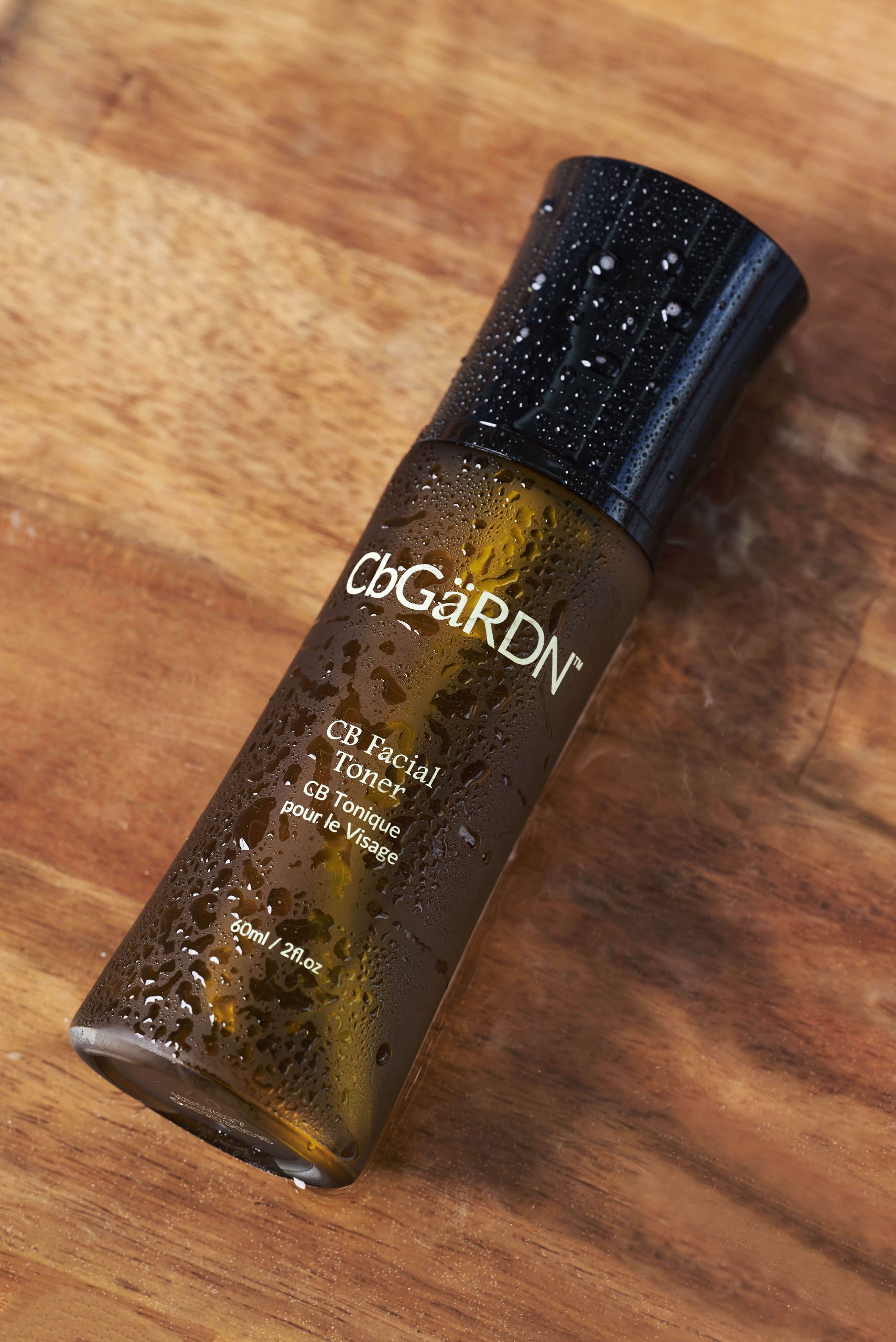
Skin pH is something that people don’t tend to pay much attention to. However, when it comes to your skin barrier, pH is vital. Your skin needs to have a slightly acidic pH (around 5.5) in order for your skin barrier to function properly.
Unfortunately, there’s so much out there that can interfere with pH. From the skincare products that you use to environmental factors, it’s easy for the skin’s pH to fall off-kilter.
What can you do about this? Try adding a toner to your skincare routine. These products are designed to keep surface pH feeling balanced. Of course, some toners can be quite harsh and astringent, which your skin barrier won’t be receptive to. Ideally, go for a hydrating toner, just like the CB Facial Toner. It will work well for your skin pH while also keeping your skin barrier feeling deeply hydrated.
Protect Your Skin From the Sun
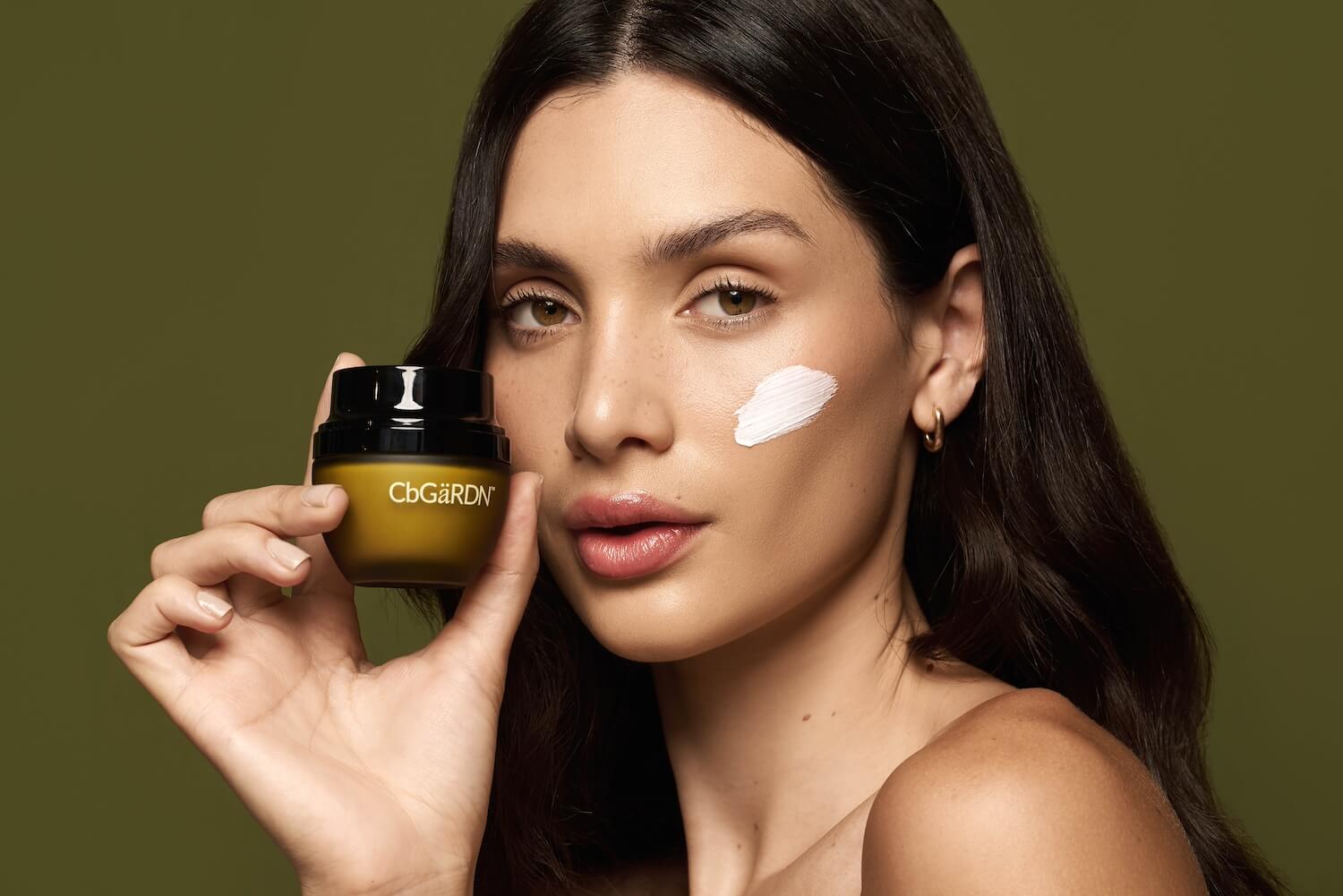
When it comes to the various environmental factors that damage the skin barrier, none are quite as dangerous as UV rays. Each time your skin is exposed to the sun, damage occurs. If your barrier is already in a weakened state, UV rays will only exacerbate this.
However, just like with all of the other skincare products you use, make sure that the sunscreen you go for is gentle. Pick a formula that also offers plenty of moisturizing properties, like the CB Multi-Active Moisturizer With SPF 30. This cream is brimming with antioxidants too, which will leave your skin feeling even safer when faced with those harmful UV rays.
Don’t Overcomplicate Your Skincare Routine
If your skin barrier is already feeling overwhelmed, the last thing that you should be doing is overloading it with numerous skincare products each day. Instead, if you want your barrier to heal as quickly as possible, your skincare routine needs to be relatively short. The fewer ingredients you expose your skin barrier to, the faster it will be able to recuperate.
What does this mean for your skincare routine? Well, there are three products that are non-negotiable; a cleanser, a moisturizer, and SPF. As we mentioned earlier, it can also be useful to use an antioxidant serum, as well as a toner if you’re concerned about skin pH. Other than that, there shouldn’t be much else that you need, at least until your skin barrier starts to feel healthier again.
Moisturize Religiously
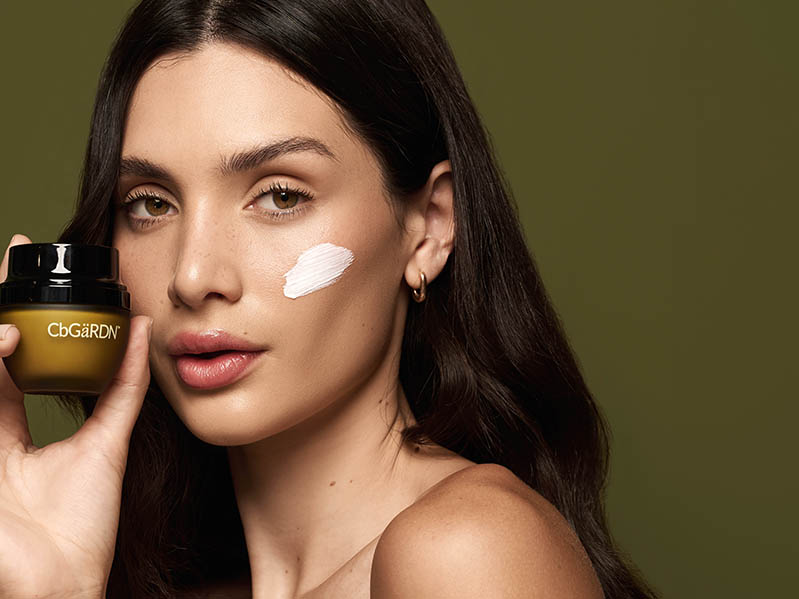
As we discussed above, a moisturizer is one of those essential products that everybody should be using. However, if you’re dealing with a damaged skin barrier, it becomes even more important. The way in which a moisturizer forms an additional layer over the skin’s surface essentially mimics your skin barrier. Just like your natural barrier, a moisturizer will leave your skin feeling safer from environmental aggressors while also helping with moisture retention. Therefore, keeping your skin well moisturized will leave your skin barrier feeling fortified at all times.
Ideally, you should be using a moisturizer that contains ingredients that will help to replenish the feel of your skin barrier. A rich formula, like the CB Bio-Restorative Cream, will do this well. With that said, if your skin type is oily and can’t cope with heavy ingredients, try the CB Rehydration Cream instead. Both moisturizers can be used both day and night. While it’s often recommended to have different day and night creams, using the same one twice a day can be helpful when you’re trying to limit how many ingredients your skin barrier is exposed to.
Give Slugging a Try
Have you heard of slugging? This skincare trend became quite popular last year, although it’s a technique that dermatologists have been recommending for decades.
What is it? It involves applying a layer of petroleum jelly (or another occlusive) to your skin after you’ve moisturized. This leaves the skin looking a little slimy, hence the name. However, don’t be put off by this – slugging can be a great way to enhance barrier repair. It prevents moisture loss while keeping the skin feeling protected overnight. This is when the skin’s healing processes kick into action, and slugging allows your skin barrier to benefit from these nightly functions even more. In the morning, simply wash your face as normal to remove the occlusive layer, before continuing with the rest of your morning skincare routine.
Be Patient and Listen to Your Skin
Unfortunately, although you’re probably hoping to be able to heal your skin barrier in just a few days, it usually takes much longer than this. Depending on the extent of the damage that has been dealt, you could end up waiting for several weeks, if not months.
Patience is crucial here, but so is listening to your skin. Pay attention to how it responds to various products and ingredients. Then, adjust your routine accordingly. While you don’t want to continually chop and change your routine if your skin barrier is compromised, you should always ensure that your skin is happy with each product you’re using. If it’s showing any signs of irritation, cut that product out immediately.
Know When to Seek Professional Help
Most of the time, you’ll be able to get your skin barrier feeling healthier again with the tips that we’ve shared above. However, sometimes the damage can run deeper than this, making it important to know when to seek professional help.
If you’ve already spent a few months following the above guidelines and haven’t seen even a small improvement in your skin, an underlying issue could be to blame. Whether this may be eczema, rosacea, or something else, a dermatologist will be able to pinpoint the problem and provide you with the products that you need to rectify things. Since some of those products may only be available via a prescription, over-the-counter products won’t be able to replace them. The only way forward would be to see a dermatologist and have your skin professionally assessed.
Summary
Skin barrier damage can lead to so many different problems, making it important to address this as soon as possible. The dermatologist-recommended tips that we’ve shared above should help to get your skin barrier feeling much healthier again, so long as you’re consistent with your skincare efforts! Be gentle and patient with your skin and it won’t be long before you see an improvement.
Click here to shop for more bestselling skincare products from CBGärdN.

